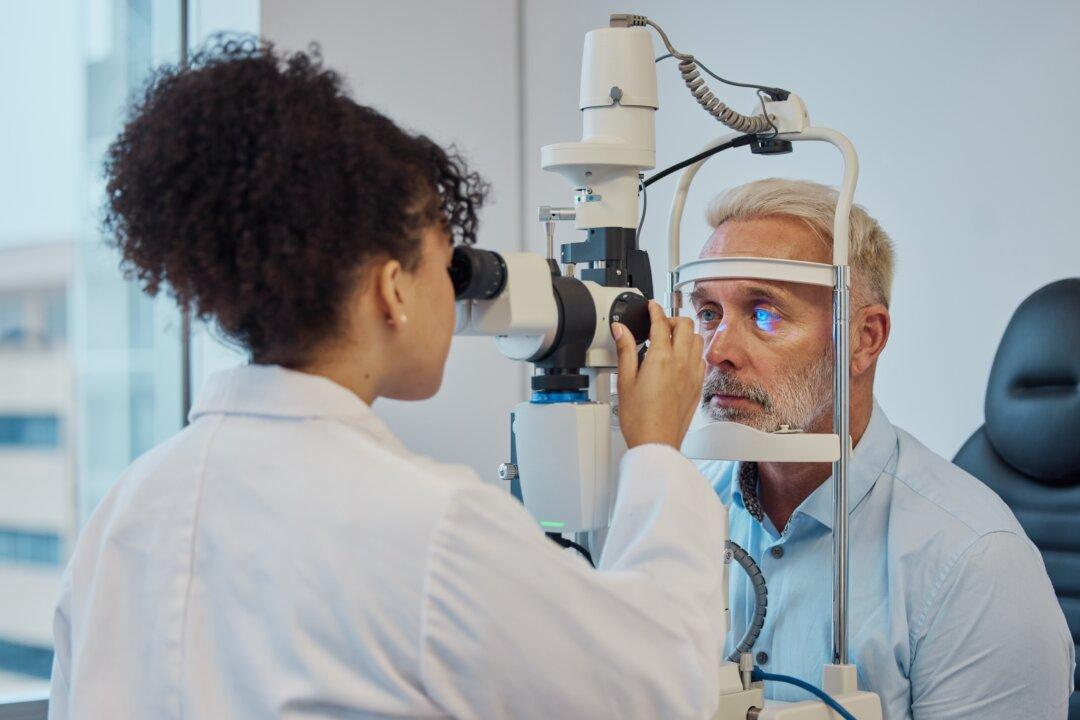Our eyes and ears are windows into the brain, and changes in vision and hearing can be some of the earliest indicators of cognitive decline—potentially pointing to more-serious problems.
Recent studies have uncovered links between vision changes and hearing loss in patients with Alzheimer’s disease and other dementias, helping researchers to understand the connections between these senses and changes in the brain. The findings could lead to screening techniques that could predict the onset of dementia in high-risk populations much sooner than we can now—perhaps even early enough to prevent its onset.






